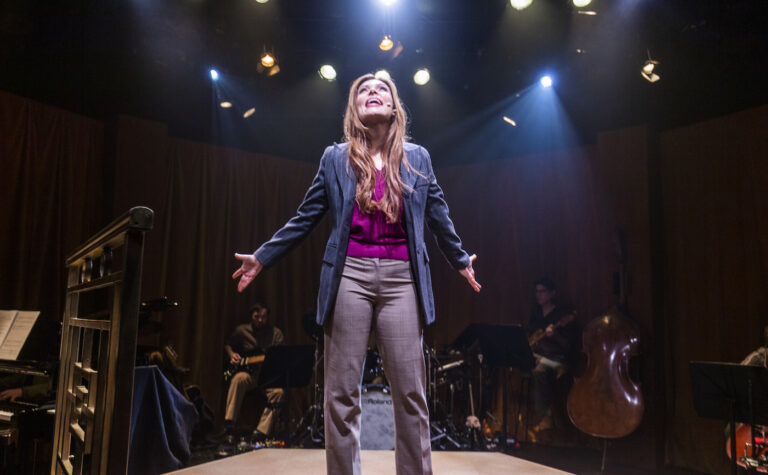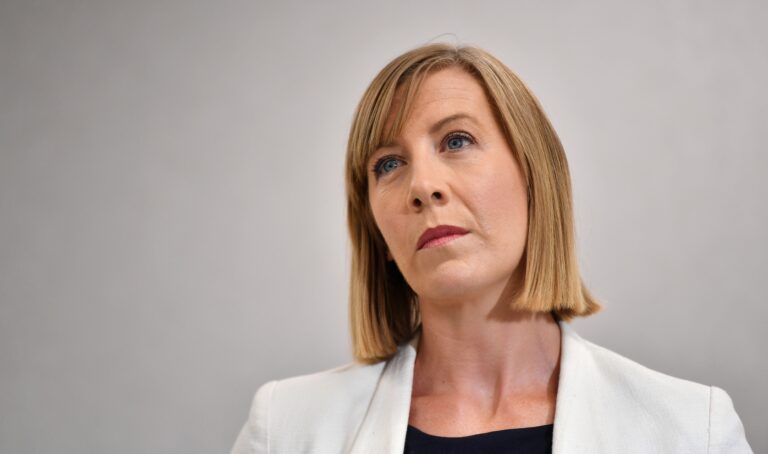
Australia Daze
COMMENT BY WARREN FAHEY
I am now quite resigned to the arm-swinging chorus that tells me ‘I am, you are, Aust-ral-ian’. After hearing the song ad infinitum in Rugby World Cup promotions, Salvation Army Red Shield campaigns, endless loops from Telstra, school assemblies, and anything else that vaguely smacks of flag-waving, I am preparing myself for the song’s annual main day outing – what is currently referred to as ‘Australia Day’.
I say ‘currently’ because it seems many Australians would like to throw their two cents into the ring on the current debate as to whether the name or date should be changed to reflect modern day Australia. It’s changed before and could possibly change again.
Besides, Australians have shown they rather enjoy tormenting government over public opinion as evidenced by last year’s marriage equality survey. (Oh, now I remember, that particular victory was also celebrated in the bleachers of Parliament with joyful ‘I am, you are, we are’ arm-swinging.)
I usually head for the hills on Australia Day. Despite being a cultural historian and performer steeped in stories and songs about our history I find the annual celebration too jingoistic, too predictable and, in some ways, too disturbing. I grew up in the forties and fifties when Australia Day was just a pup.
Coincidentally, I was born in January 1946 the same year and month the Commonwealth and state governments agreed to unify the celebrations on January 26 as ‘Australia Day’. It also confirmed that the Monday closest to the date be a public holiday.
My childhood memories of are of phoney-colony re-enactments, cannons firing over Sydney Harbour and the curiosity of having more Australian than British flags flying. I also remember tokenism towards indigenous Australians who were not included in the census and were not entitled to vote.
Australia has travelled some wild roads and, of course, we have earned the right to celebrate. Even our very first immigrants and freed convicts felt an urge to celebrate their new land. We know that as far back as 1808 the 26th of January was seen as an appropriate date to celebrate what they described as “the love of the land they lived in.”
The arrival of the British with their First Fleet on the 26 January seemed a natural for the British – they were the conquerors, they raised the Union Jack. Little thought was given to the feelings of the indigenous population. Had the Aborigine fought back like the Maori it might have been a different story.
Had we negotiated a treaty it would have been a different story. I have sympathy for those who refer to the date as Invasion Day for there is no denying that we as a nation have not always done the right thing by our indigenous people.
Some will say this is all in the past, some Like John Howard, took a more cowardly stance refusing to say sorry. We are now a smarter people, a more compassionate people and if nothing else comes out of the present-day debate it is to be hoped formal recognition in our constitution will move to fruition.
An odd twist to the Australia Day story is that the main protagonists to unify the colonies into a federation of states were an organisation called the Australian Native’s Association. Formed in Victoria its membership was restricted to ‘all white men born in Australia’. It was instrumental in developing the White Australia Policy and, later, the call for a unified date to celebrate a national day.
To many, Australia Day is just an opportunity for a major piss up. Although BBQs, funny hats, patriotic slogan t-shirts and buckets of grog have some appeal, the day carries many messages.
We are indeed a lucky country and even our convict birth proved a success.
It didn’t take long for the young Australia to realise ‘colonial born was superior to sterling born’. Our wide, brown land offered endless plains and opportunities. We struck it rich early with the discovery of gold in 1851 and we’ve been flogging those minerals ever since. We rode the boom times with sheep, beef and wheat and even in the mean and lean times of the 1890s and 1930s economic slumps we lived in a ‘fair go’ land.
We travelled a strange road with the most restrictive immigration policy in the world – no coloured people allowed – to emerge as the most racially accepting country in the entire world. We now have more ethnicities than the USA, UK or Canada.
We’ve done all this in a relatively short span of history. Yes, we have more work to do in acceptance, nation building and revealing our national identity, and Australia Day is a good opportunity to reflect on how we can move forward as one – because I am, you are, very lucky Australians.
Warren Fahey AM is a cultural historian, writer and performer. He received the Order of Australia ‘gong’ in the 1989 Australia Day Honours.









